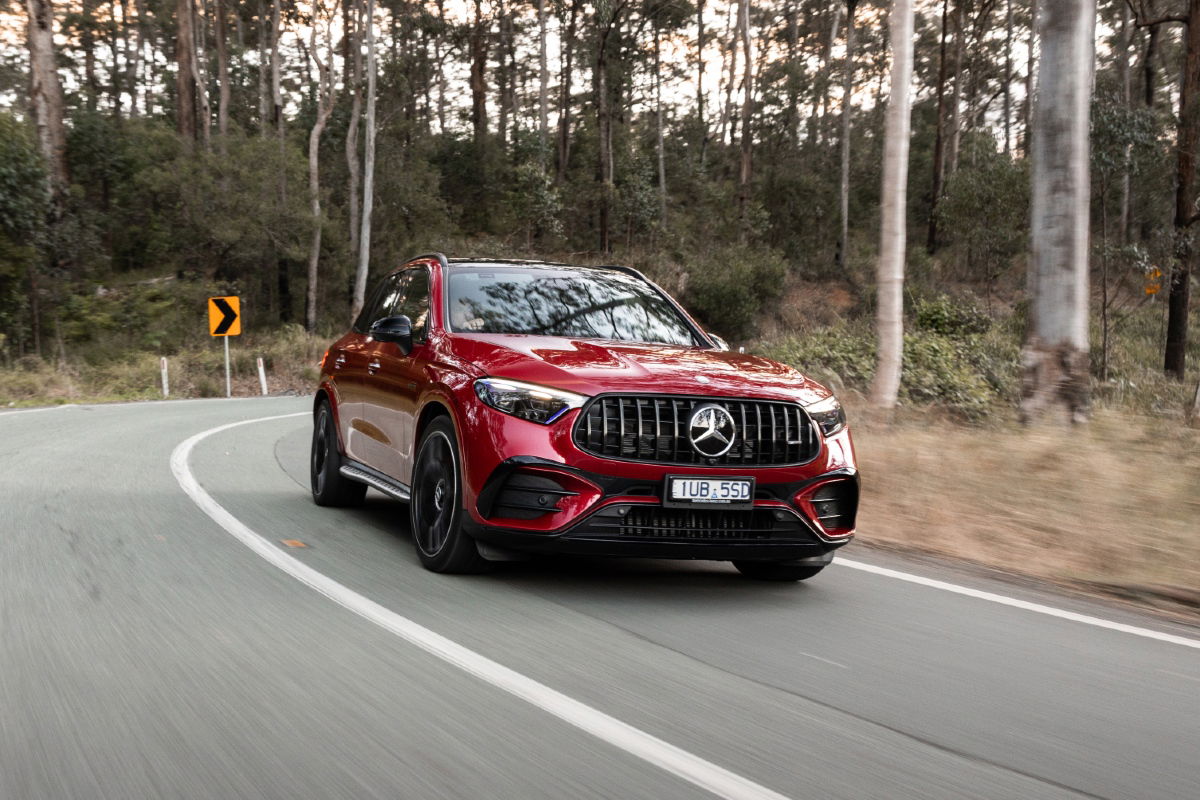
Supply constraints, cost-of-living pressures or just unpopular models? There’s any number of reasons why car brands lose sales but in 2024 some brands were hit harder than others.
So while Toyota, Ford, Mazda and the rest of the best-selling brands enjoy a job well done, there are others that need to take a long, hard look at what they’re doing and try to turn around their flagging sales.
We’ve taken a deep-dive into the sales data for 2024 and pinpointed the five brands we think need a big 2025 in order to stave off questions about their long-term futures. Because as Citroen, Dodge and even Holden can tell you, there’s no security in the rapidly changing landscape of the Australian car market.
READ MORE: The winners and loser of the 2024 new car sales race
RAM – down 43.6%
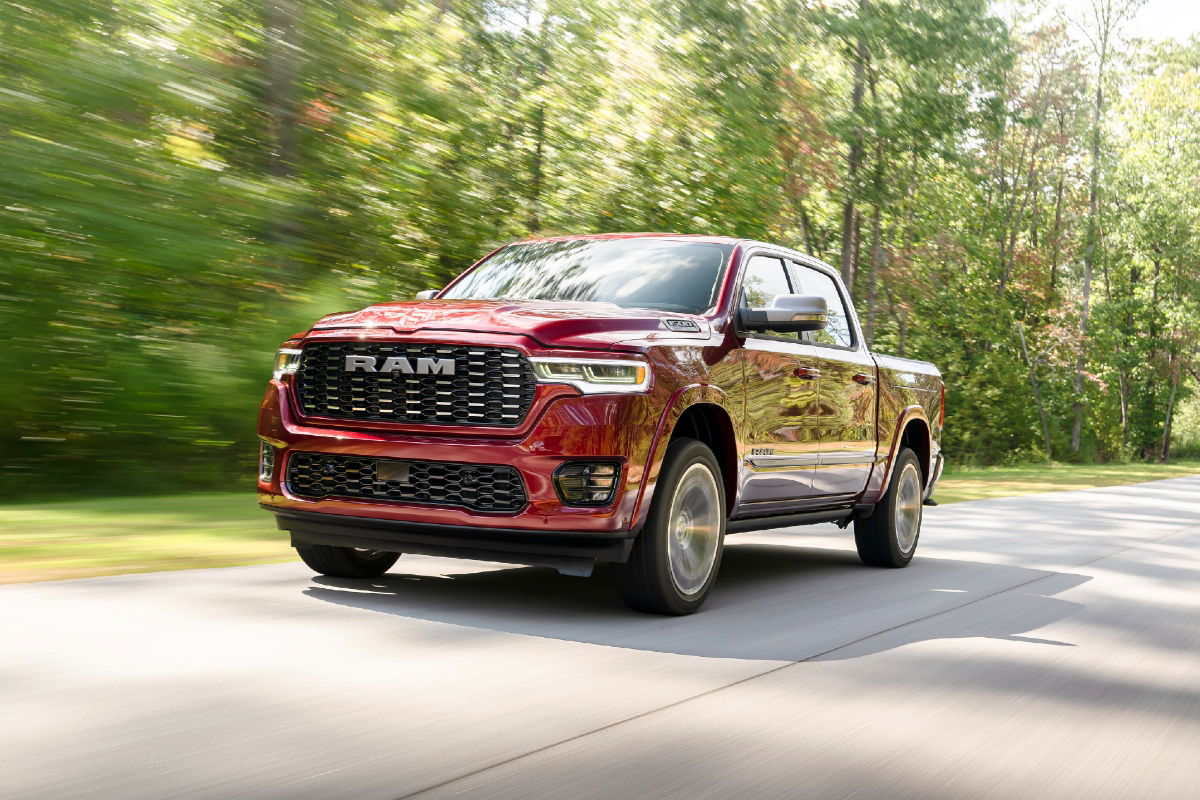
The big American truck brand took a big hit in 2024 with sales of all three of its models – 1500, 2500 and 3500 – down by more than 30 per cent. Does this signal the end is near for Ram?
Hardly, this is predominantly down to the end of production of the more affordable ‘DS’ and the wind down of Hemi V8 model, which have been the big seller for the brand. With the ‘DS’ and ‘DT’ Hemi V8s in run-out a sales drop was inevitable as supply began to decline.
There are some major positives for Ram to take away from 2024. Namely, the 1500 was still the biggest seller in the segment, despite the run-out and the arrival of the Ford F-150 and Toyota Tundra.
The challenge will be getting customers to give the new six-cylinder-powered 1500 a chance in 2025. While it packs more punch than the Hemi, in this part of the market cylinder count still seems to matter, which could hand the advantage to the V8-powered Chevrolet Silverado.
Genesis – down 26.9%
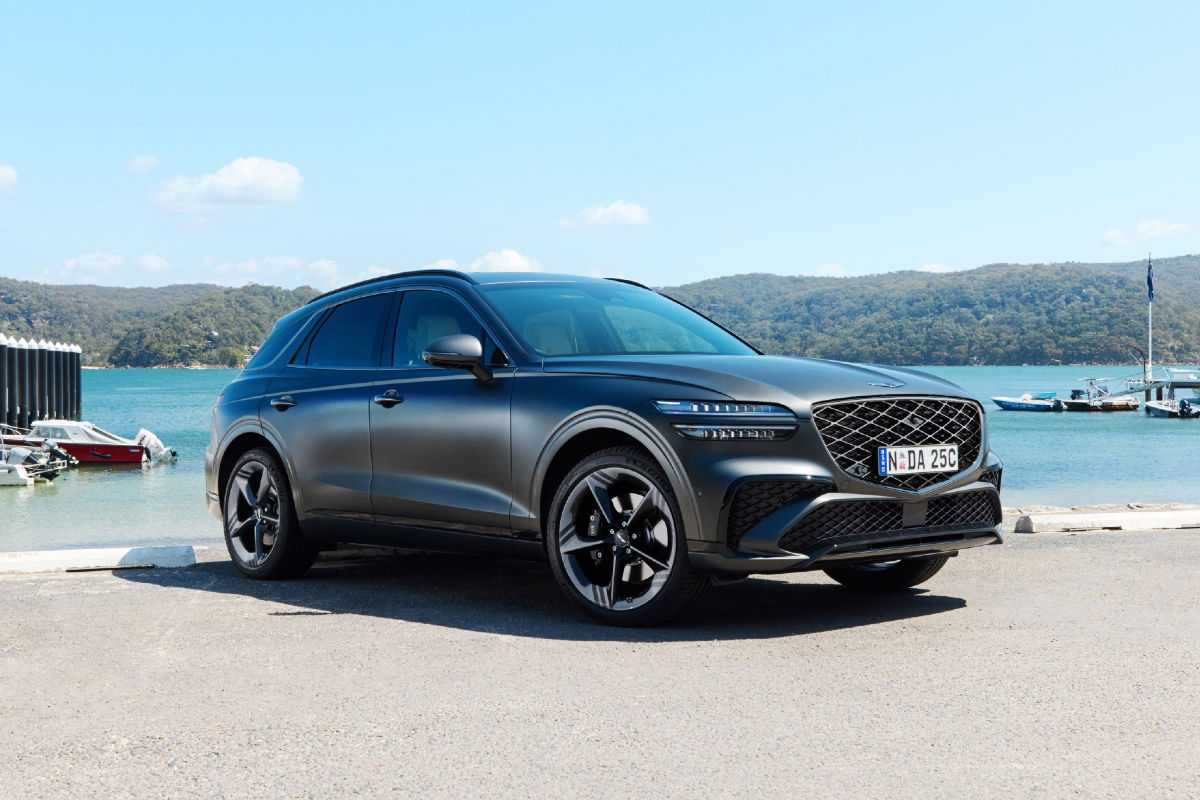
Despite the arrival of updated variants of its two most popular models (GV70 and GV80), Hyundai’s luxury brand took a big step backwards in 2024. This drop follows two years of enormous growth (up nearly 85% in ‘23 and more than 40% in ‘22) and there’s inevitably a dip in sales when you transition from an older model to a new one.
But, to be blunt, Genesis cannot afford any backwards steps – big or small – as the brand tries to grow its presences in Australia. It sold less than 1500 new vehicles in ‘24 and unless there is steady and significant growth in the next few years then it’s hard to see it becoming a true challenger to the likes of Lexus and Volvo, let alone BMW and Mercedes-Benz.
With the new GV80 and GV70 now firmly in-market, major dealership expansions, plans for Magma performance vehicles and its first global racing program underway, Genesis should be aiming for a strong bounce bank in ‘25.
Audi and Mercedes-Benz – down 19.5% and 17.8%
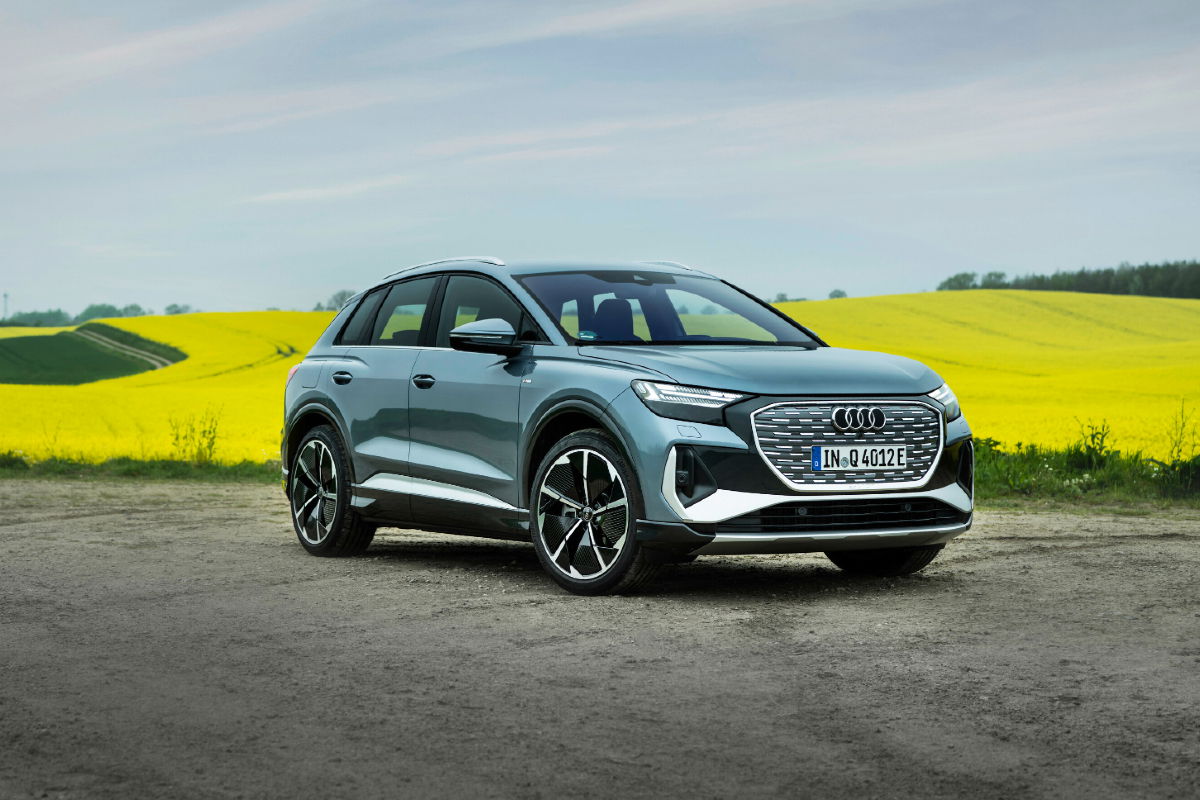
It wasn’t a great year for luxury brands in general, with BMW only up 0.6 per cent to claim the market lead from its struggling rivals. But for both Audi and and Mercedes-Benz to have major down years should be a concern for local management and cannot be dismissed as a ‘blip’ but is a significant decline.
For Audi the Q3 small SUV led the way and had an up year, but the next best-sellers, the Q5 SUV and A3 hatch, were both down big numbers in ‘24 and it was a similar story across the rest of the range as buyers seemingly avoided the brand.
Meanwhile at Mercedes, its sales charge was also led by a compact SUV, the GLA, but the vast majority of its range were down double-digits. Is it simply supply constraints and cost-of-living pressures or has Mercedes’ decision to sell direct-to-consumers and largely cut out its dealers had a negative impact? Time will tell…
Tesla – down 16.9%

This is perhaps the least surprising entrant on our list, as there was a sense of inevitability that Tesla could not sustain its healthy sales growth of recent years. The challenge for Tesla is two-fold, and both will be difficult to overcome.
Firstly, there is a limit to the electric vehicle market in Australia. Put simply, Tesla’s huge growth in recent years has helped convert most people who were ready, willing and able to make the switch to an EV and now there are just far less customers to convert.
Secondly, there are only so many mid-size sedans and mid-size SUVs Tesla can sell. The Model 3 and Model Y are both nice EVs but even Toyota would struggle to grow with only the Corolla sedan and RAV4 in their showrooms.
Factor in the fact there is more choice for EV buyers than ever before, and from big-name brands like Toyota, Hyundai and Kia, and the challenge for Tesla to recover its lost ground is significant.
Volkswagen – down 16.8%
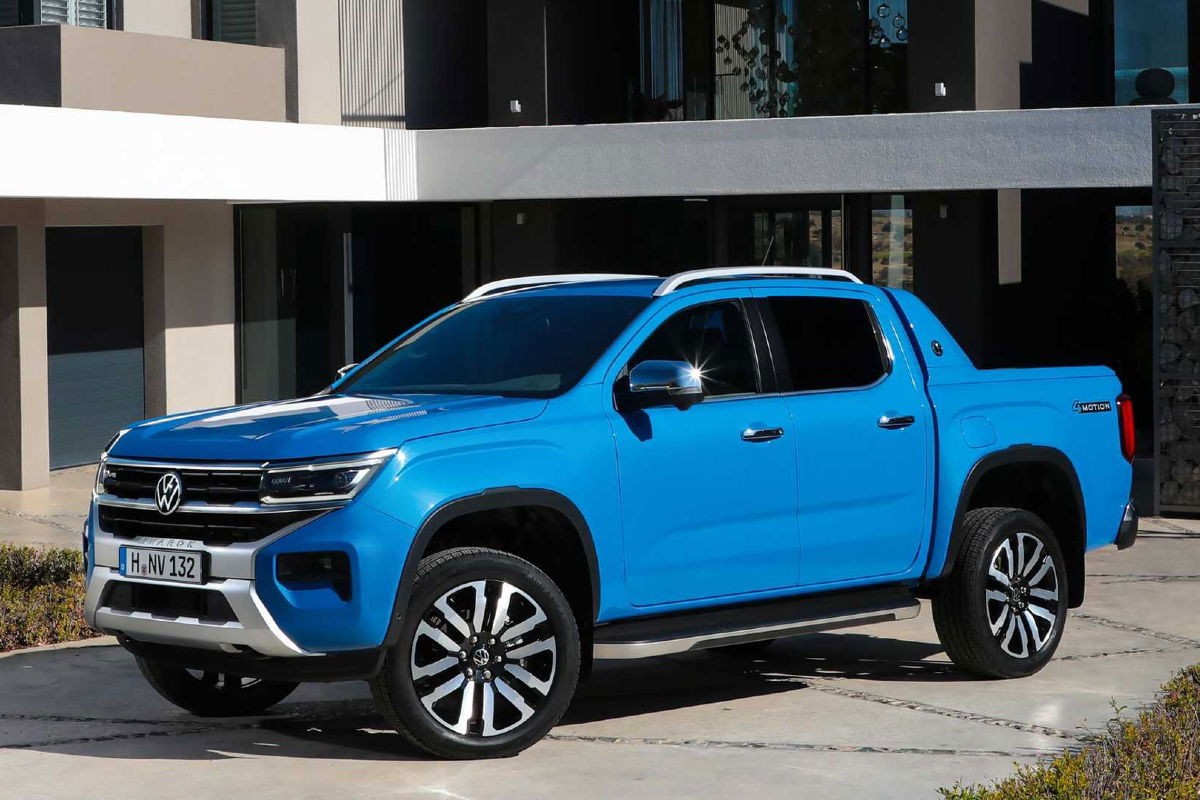
Once a fixture in the top 10 best-selling brands, Volkswagen had a year to forget in ‘24 with a major sales decline. Not even the first full-year of the Amarok ute being on sale could help disguise the sharp sales decline of the brand’s once-popular SUV line-up.
It’s notable that the T-Cross, T-Roc and Tiguan SUVs were all down in segments of the market that were up in ‘24. Add to this the decline of the small car market, and the impact that has had on its previous ‘golden child’, the Golf (down 18.5 per cent) and it makes for a tough year for the German brand.
Not even the long-awaited arrival of EVs from Volkswagen – which began in ‘24 with the ID Buzz – seem likely to help turn the tide as the local EV market has stalled.
Add to these the evolution of the market and the more ‘semi-premium’ image of brands like Mazda, Hyundai and even Kia, which are cutting into Volkswagen’s previous unique position in the Australian market and it’s clear the brand needs a shake-up to turn around its fortunes locally. Local management even told media in ‘24 that it needs to do a better job, so expectations will be raised for ‘25.











Discussion about this post